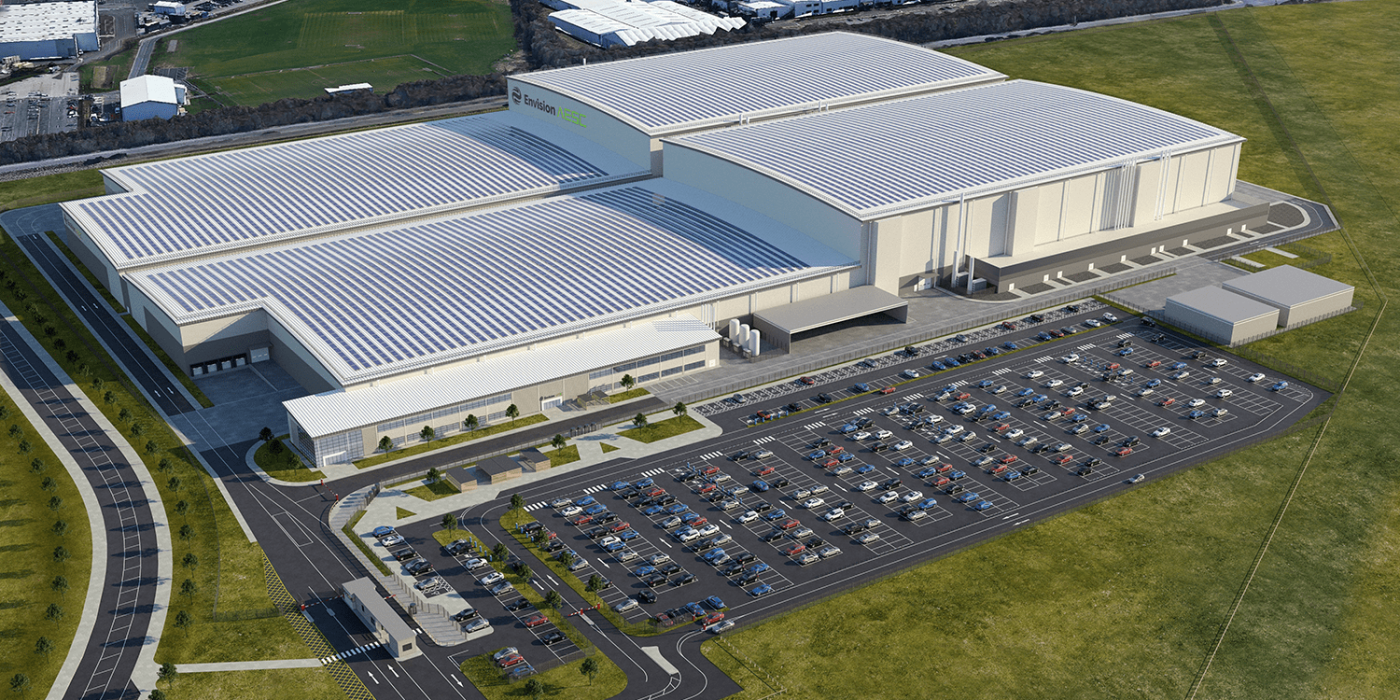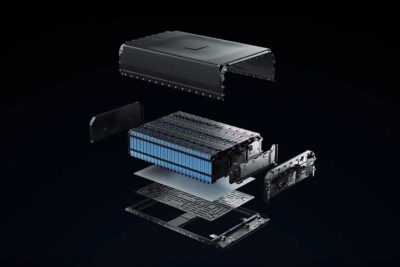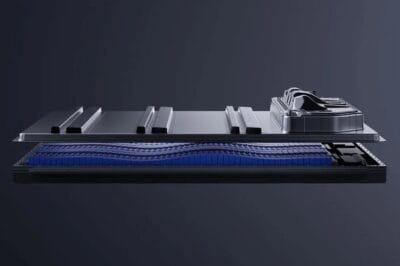UK earmarks £1bn for AESC gigafactory in Sunderland
The UK is set to significantly expand its EV battery production capacity with the new gigafactory by AESC in Sunderland. The £1 billion (€1.16 billion) investment, backed by public and private financing, is expected to support up to 1,000 skilled jobs while powering 100,000 EVs per year. That figure represents a sixfold increase over the country’s current EV battery output and is seen as a major step in meeting net-zero goals.
The project is funded through a blend of financial guarantees from the UK Government’s National Wealth Fund and UK Export Finance, which have enabled £680 million (€790 million) in loans from major global banks including Standard Chartered, HSBC, SMBC, Société Générale, and BBVA. An additional £320 million (€370 million) will come from AESC’s private equity and other commercial funding sources. The UK’s Automotive Transformation Fund contributes £150 million (€175 million) in grants to support the plant.
AESC’s new plant will manufacture lithium-ion battery cells at scale, directly addressing a critical bottleneck in the UK’s EV supply chain. With production capacity sufficient for 100,000 vehicles annually, the facility will make a material contribution to the UK’s transition to zero-emission transport. The announcement follows a newly signed trade deal between the UK and US that cuts vehicle export tariffs from 27.5% to 10% on up to 100,000 British cars per year, nearly matching last year’s total export volume.
AESC reportedly began constructing the battery factory at the Nissan plant in Sunderland at the end of 2022. The company set the start of operation in 2025 and named an initial annual capacity of around 12 GWh. However, it later also mentioned a capacity of nearly 16 GWh. AESC CEO Shoichi Matsumoto called the investment ‘a milestone’ in supporting the UK’s decarbonisation goals. UK officials highlighted the factory’s economic impact, noting its potential to anchor a regional battery manufacturing ecosystem in the North East.
The Sunderland site is already home to Nissan’s EV production hub. Nissan’s presence in Sunderland and cooperation with AESC have been longstanding. The company is the carmaker’s leading battery supplier and used to be a Nissan subsidiary before the Japanese carmaker sold AESC to Envision Group in 2018. Nissan still holds a 20 per cent stake in the company. What is more, Nissan will produce three electric models in Sunderland, namely the Qashqai and Juke and the successor to the Leaf.





0 Comments